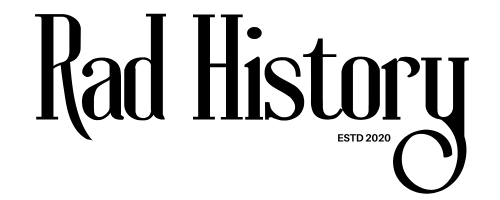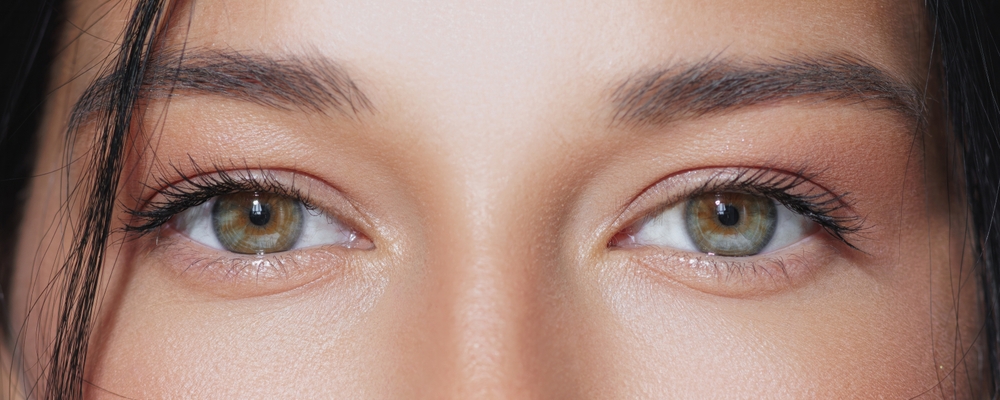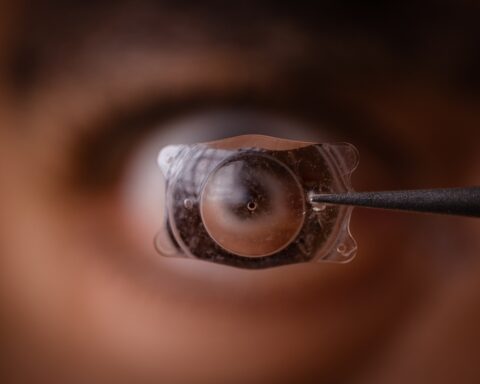Is there a cutoff age where LASIK stops being worth it—or even safe? If your 40s are starting to look more like bifocal territory than beach vacations, you’re not alone in wondering whether you missed the LASIK boat. The truth is, LASIK isn’t just for twenty-somethings ditching their glasses before backpacking across Europe.
While age does play a role in candidacy, the numbers don’t draw a hard line. For Millennials and Gen Xers hovering somewhere between “youthful optimism” and “eye drops in every bag,” LASIK can still be a game changer—if you’re the right kind of candidate.
LASIK and the Age Spectrum: The Real Limits
There’s no official expiration date for LASIK, but age does bring a few asterisks to the conversation.
- Ideal LASIK age: Most surgeons say the sweet spot is between 25 and 40. Why? Your vision prescription should be stable for at least one to two years before surgery.
- Under 25: Your vision may still be shifting, especially if you have high myopia or astigmatism. That makes long-term results less predictable.
- Over 40: You’re entering the realm of presbyopia—the age-related stiffening of the eye’s lens, making close-up vision a pain. LASIK won’t fix that, so you may still need reading glasses post-surgery.
So is 45 too late? Not necessarily. But the kind of vision correction—and your expectations—may need a little reality check.
Presbyopia: The Uninvited Guest at the Midlife LASIK Party
Even if you’re the poster child for healthy eyes, you’re not immune to presbyopia. It’s not a disease; it’s just what happens when the lens inside your eye loses flexibility with age.
- Around age 40 to 45, many people start needing readers or progressive lenses
- LASIK reshapes the cornea, not the lens—so it can’t reverse presbyopia itself
- You can still get LASIK, but you might opt for monovision LASIK, where one eye is corrected for distance and the other for near vision
Monovision takes some getting used to. Some love it; others feel like their brain’s running a visual balancing act 24/7. Fortunately, most surgeons will let you “test-drive” monovision using contact lenses before committing.
Are You a Candidate After 40?
Good LASIK candidates generally have a couple things in common.
- A stable vision prescription for at least 1–2 years
- Healthy corneas with sufficient thickness
- No significant eye diseases (like glaucoma, cataracts, or severe dry eye)
- Realistic expectations about results and the need for future glasses
Once you’re past 40, it’s not just about your corneas anymore.
- Lens clarity – If you’re starting to develop cataracts (even the early, barely-there kind), LASIK might not be the best route
- Tear production – Dry eyes become more common with age, and LASIK can temporarily make it worse
- Retinal health – Issues like macular degeneration or diabetic retinopathy can affect your eligibility
LASIK vs. Lens Replacement: What Happens After 50?
If you’re nearing or past 50, your surgeon might suggest a refractive lens exchange (RLE) instead of LASIK. This procedure removes your eye’s natural lens and replaces it with an artificial one—kind of like cataract surgery, but done electively before cataracts cause real problems.
Why consider RLE?
- It corrects both distance and reading vision with multifocal lenses
- You’ll never develop cataracts (because your lens has already been swapped)
- Results are often more predictable for older patients than LASIK
It’s a more invasive procedure and comes with different risks, but for some Gen Xers or early Boomers, it might be the better long-term vision fix.
The Risks: Not Age-Specific, But Age-Aware
LASIK complications are rare but real. For patients over 40, certain risks may show up a little more prominently.
- Dry eyes – Already common with age, and LASIK can exacerbate it
- Night vision issues – Glare and halos are more likely in older corneas or larger pupils
- Undercorrection or overcorrection – Eyes over 40 may not heal as predictably
- Regression – Your eyes might shift again over time, especially if presbyopia is progressing
That doesn’t mean you shouldn’t get LASIK after 40. It just means your surgeon should be asking the right questions—and so should you.
Real Talk: Is It Worth It?
You’re juggling mortgages, kids, career changes, and now… vision correction options that come with homework. Is LASIK even worth it at this stage?
Here’s how many people think about it.
- Freedom from glasses – Even if you still need readers, ditching distance glasses can be life-changing
- Active lifestyle – If you’re skiing, biking, or parenting small humans, not messing with glasses or contacts is a game-changer
- Future-proofing – LASIK now could delay the need for bifocals—or at least reduce your visual juggling act
But cost, risk, and limited correction for reading vision should factor into your decision. It’s not a magic fix, but for the right person, it’s absolutely a quality-of-life upgrade.
Questions to Ask Your Surgeon
Before signing any waivers or scheduling time off work, show up to your consult with these questions locked and loaded.
- Is LASIK or another procedure like PRK or RLE a better fit for my age and eye health?
- How will you assess my corneal thickness and lens clarity?
- What can I realistically expect for both near and distance vision?
- Will I still need glasses for certain tasks?
- How likely are dry eye symptoms after surgery?
- How long will the results last?
If your surgeon waves off these concerns—or seems stuck in a one-size-fits-all script—walk away.
Worth the Leap, or Better Left Behind?
LASIK isn’t off the table once you hit 40 or 50, but the decision-making process gets more nuanced. Millennials and Gen Xers bring a different set of priorities to the LASIK conversation—convenience, longevity, maybe even a little vanity (no shame)—and deserve a clear-eyed look at the pros and cons.
You’re not too old to ditch the glasses. But the procedure you choose—and your expectations afterward—might need to grow up right alongside you.
Eyes on the Future
Your vision isn’t frozen in time, and neither are your options. LASIK might not be a universal fix, but for many in their 40s and 50s, it’s still very much on the table—just with a few more footnotes. Whether you’re fine-tuning your lifestyle or just want to wake up and see your alarm clock again, the future of your eyes might be clearer than you think.






